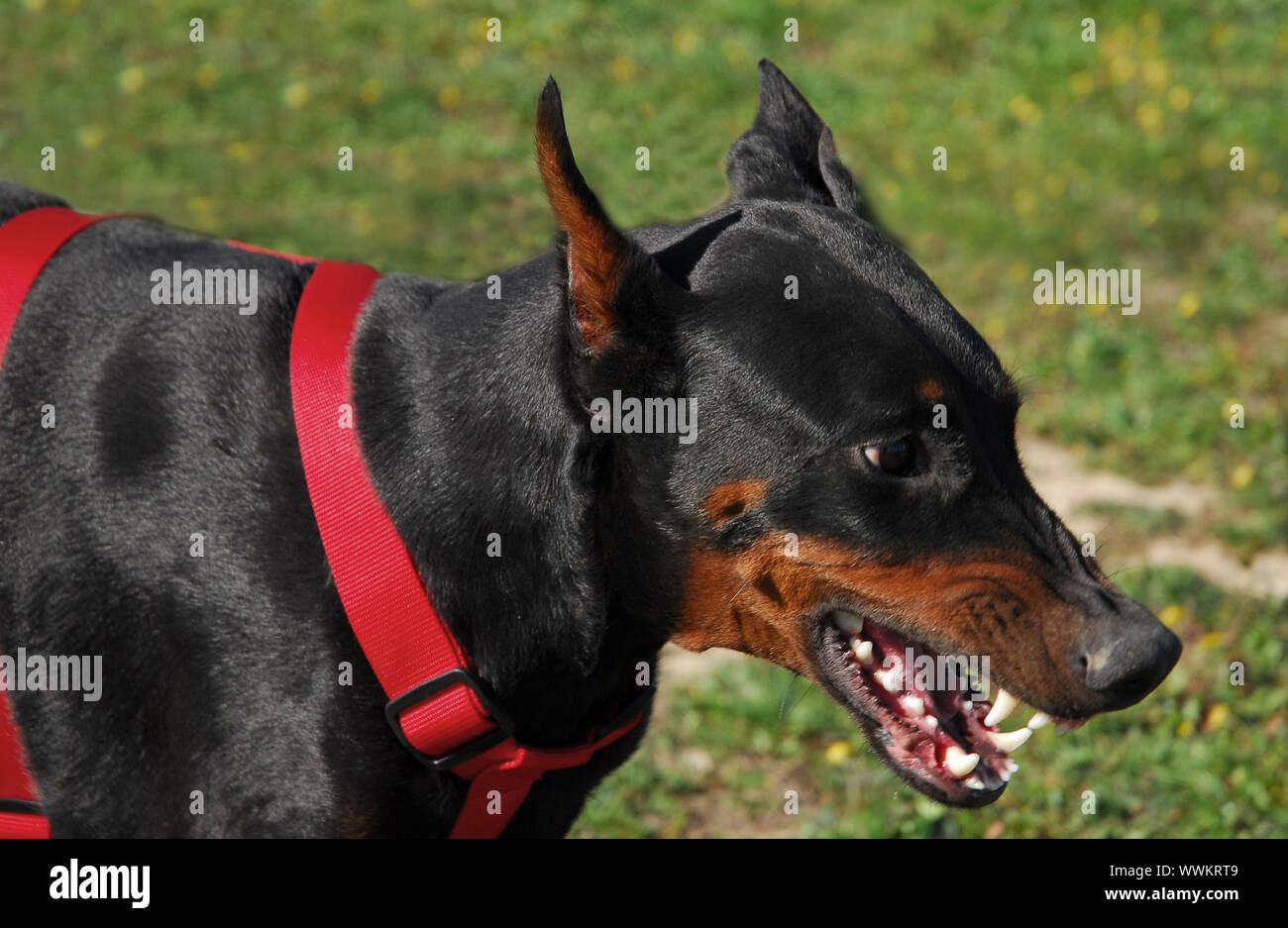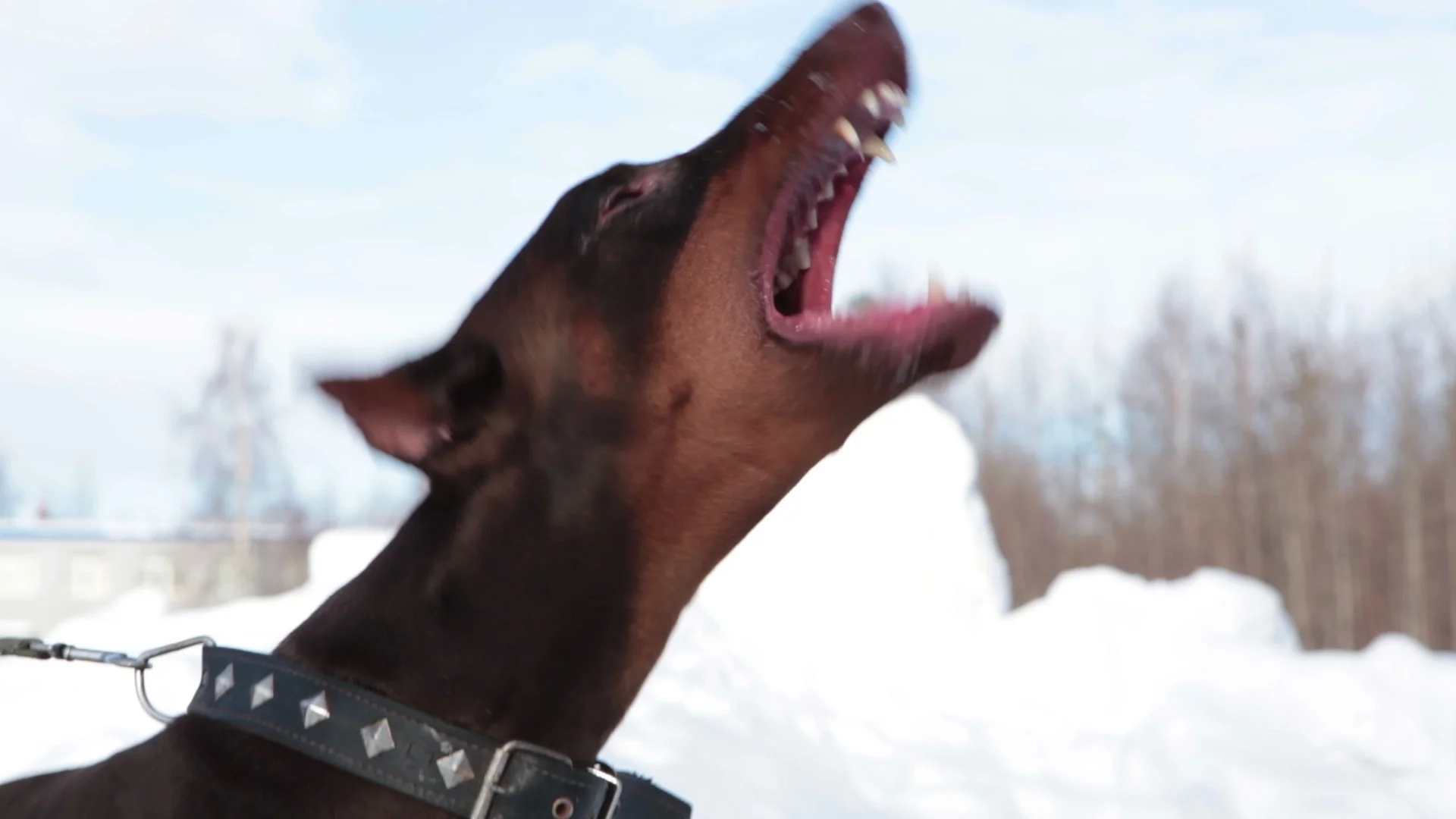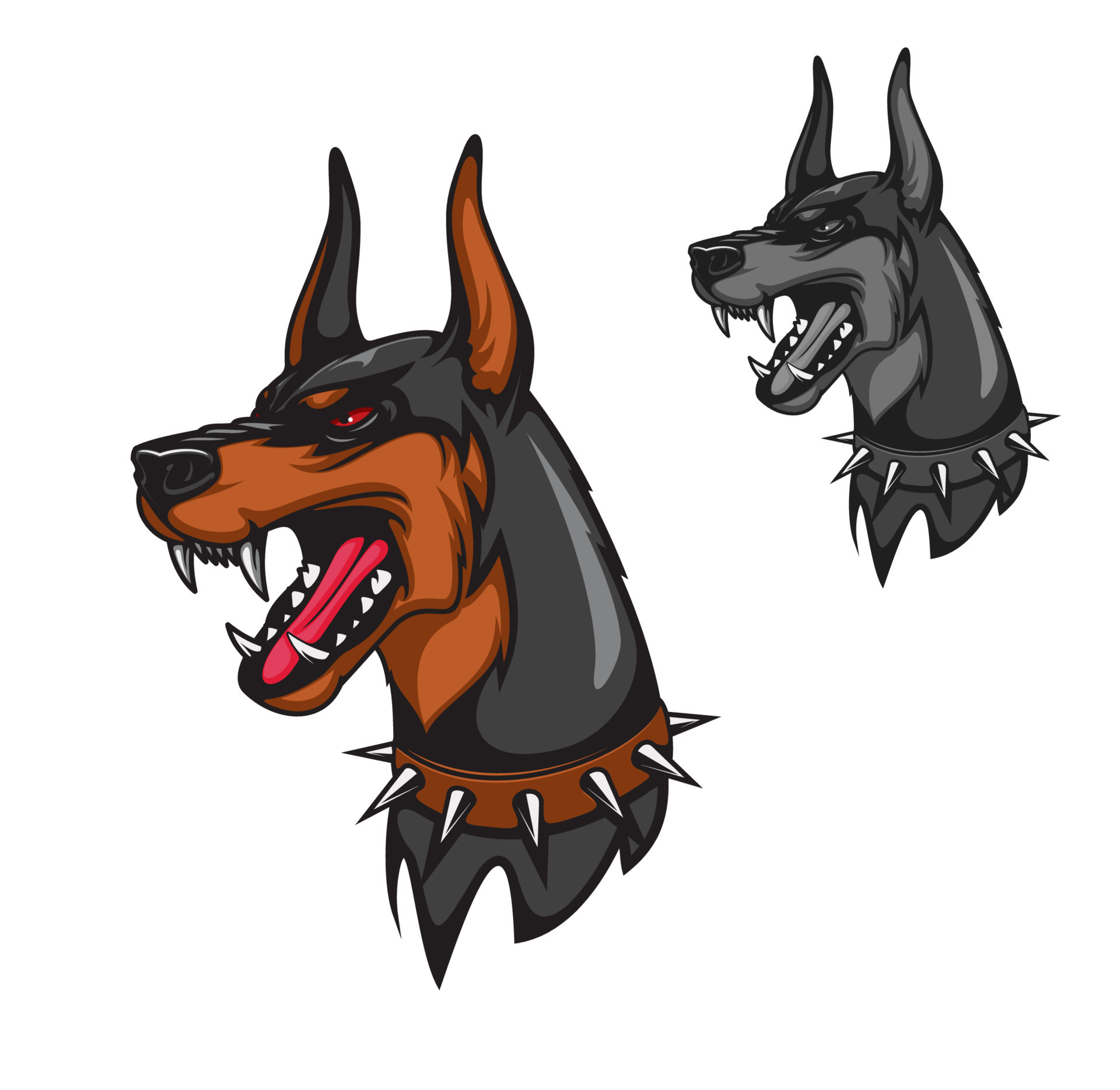Doberman dogs are known for their loyalty, intelligence, and protective nature. However, some people associate them with aggression, which can be a concern for potential owners. If you're considering adopting a Doberman or already have one, it's crucial to understand the factors that contribute to their behavior and how to manage it effectively.
Aggression in Dobermans is not an inherent trait but can result from improper training, socialization, or environmental factors. This article will delve into the reasons behind Doberman aggression, how to address it, and tips for fostering a well-behaved and loving companion.
By the end of this guide, you'll have a comprehensive understanding of Doberman aggression and actionable strategies to ensure your dog remains a joyful and safe member of your family.
Read also:Chevy Lees Summit Mo A Comprehensive Guide To Your Dream Car
Table of Contents
- Biography of Doberman Dogs
- Key Traits of Doberman Dogs
- Understanding Doberman Dog Aggressive Behavior
- Causes of Aggression in Dobermans
- Training Techniques to Manage Aggression
- The Importance of Socialization
- Nutrition and Its Role in Behavior
- Health Conditions Linked to Aggression
- Tips for Managing Doberman Aggression
- Adopting a Doberman: What You Need to Know
Biography of Doberman Dogs
Doberman Pinschers, commonly referred to as Dobermans, originated in Germany in the late 19th century. They were bred by Karl Friedrich Louis Dobermann, a tax collector and dog breeder, who sought to create a loyal and protective companion. The breed quickly gained popularity due to its intelligence, strength, and versatility.
Dobermans have been used in various roles, including police work, military service, and as family pets. Their loyalty and protective instincts make them excellent guard dogs, but they also thrive in loving, structured environments.
Doberman Breed Overview
| Breed Name | Doberman Pinscher |
|---|---|
| Origin | Germany |
| Life Span | 10-13 years |
| Size | Medium to Large |
| Temperament | Loyal, Intelligent, Protective |
Key Traits of Doberman Dogs
Dobermans are renowned for their distinctive traits, which include:
- Intelligence: Dobermans rank highly in canine intelligence tests, making them quick learners.
- Loyalty: They form strong bonds with their families and are highly devoted.
- Protectiveness: Their natural guarding instincts make them excellent watchdogs.
- Energetic: Dobermans require regular exercise to maintain physical and mental health.
While these traits make them wonderful companions, they also require proper training and socialization to prevent behavioral issues.
Understanding Doberman Dog Aggressive Behavior
Doberman dog aggressive behavior is often misunderstood. It's essential to differentiate between natural protective instincts and true aggression. Dobermans are naturally alert and may become defensive in unfamiliar situations, but this is not the same as unprovoked aggression.
True aggression in Dobermans can manifest in several ways, including:
Read also:Adragon Demello A Comprehensive Look At The Chess Prodigy
- Growling or snapping at people or other animals.
- Excessive barking or lunging.
- Biting or attempting to bite.
Understanding the root causes of aggression is the first step in addressing it effectively.
Causes of Aggression in Dobermans
Several factors can contribute to aggression in Doberman dogs:
1. Lack of Socialization
Puppies that are not exposed to various people, animals, and environments during their critical development period may become fearful or aggressive as adults.
2. Poor Training
Inconsistent or harsh training methods can lead to behavioral problems, including aggression. Positive reinforcement is key to fostering a well-behaved Doberman.
3. Health Issues
Pain or discomfort from underlying health conditions can cause a normally calm Doberman to become aggressive. Regular veterinary check-ups are essential for maintaining their well-being.
Training Techniques to Manage Aggression
Effective training is crucial for managing aggression in Dobermans. Here are some techniques to consider:
Positive Reinforcement
Rewarding good behavior with treats, praise, or playtime encourages your Doberman to repeat those actions. Avoid punishing your dog for undesirable behavior, as this can escalate aggression.
Obedience Training
Basic obedience commands like "sit," "stay," and "heel" provide structure and help establish you as the pack leader. Consistent training sessions reinforce these commands and build trust between you and your dog.
The Importance of Socialization
Socialization is vital for preventing aggression in Dobermans. Exposing your puppy to different environments, people, and animals from a young age helps them develop confidence and adaptability.
Here are some tips for socializing your Doberman:
- Enroll them in puppy classes where they can interact with other dogs.
- Invite friends and family over to meet your dog regularly.
- Take them on walks in busy areas to expose them to various sights and sounds.
Nutrition and Its Role in Behavior
A balanced diet plays a significant role in a Doberman's behavior. Poor nutrition can lead to health issues and affect their temperament. Ensure your dog receives high-quality food that meets their dietary needs.
Key nutrients for a healthy Doberman include:
- High-quality protein for muscle development.
- Healthy fats for energy and coat health.
- Vitamins and minerals for overall well-being.
Health Conditions Linked to Aggression
Certain health conditions can contribute to aggression in Dobermans. These include:
1. Hypothyroidism
This condition occurs when the thyroid gland doesn't produce enough hormones, leading to lethargy, weight gain, and sometimes aggression. Blood tests can diagnose hypothyroidism, and treatment typically involves hormone replacement therapy.
2. Canine Cognitive Dysfunction
Similar to dementia in humans, this condition affects older dogs and can cause confusion, anxiety, and aggression. Managing symptoms through medication and environmental adjustments can improve your dog's quality of life.
Tips for Managing Doberman Aggression
Here are some practical tips for managing aggression in Doberman dogs:
1. Consistent Routine
Establishing a consistent daily routine helps your Doberman feel secure and reduces anxiety-related aggression.
2. Mental Stimulation
Puzzle toys and interactive games keep your Doberman mentally engaged and prevent boredom, which can lead to destructive behavior.
3. Professional Help
If your Doberman's aggression persists despite your efforts, consult a professional dog trainer or behaviorist. They can provide personalized strategies to address specific issues.
Adopting a Doberman: What You Need to Know
Before adopting a Doberman, consider the following:
1. Time Commitment
Dobermans require significant time and attention to thrive. Are you prepared to dedicate daily exercise, training, and socialization sessions?
2. Financial Responsibility
Owning a Doberman involves expenses such as food, veterinary care, grooming, and training. Ensure you can meet these financial obligations.
3. Living Space
While Dobermans can adapt to apartment living with sufficient exercise, they prefer homes with a yard where they can run and play.
Kesimpulan
In conclusion, Doberman dog aggressive behavior is often preventable with proper training, socialization, and care. Understanding the causes of aggression and implementing effective management strategies can transform a potentially challenging situation into a rewarding relationship with your Doberman.
We encourage you to share this article with fellow dog lovers and leave your thoughts in the comments below. For more insights on Doberman care and training, explore our other articles on the website.
Remember, a well-trained and socialized Doberman is a loyal companion who will bring joy and protection to your family for years to come.


